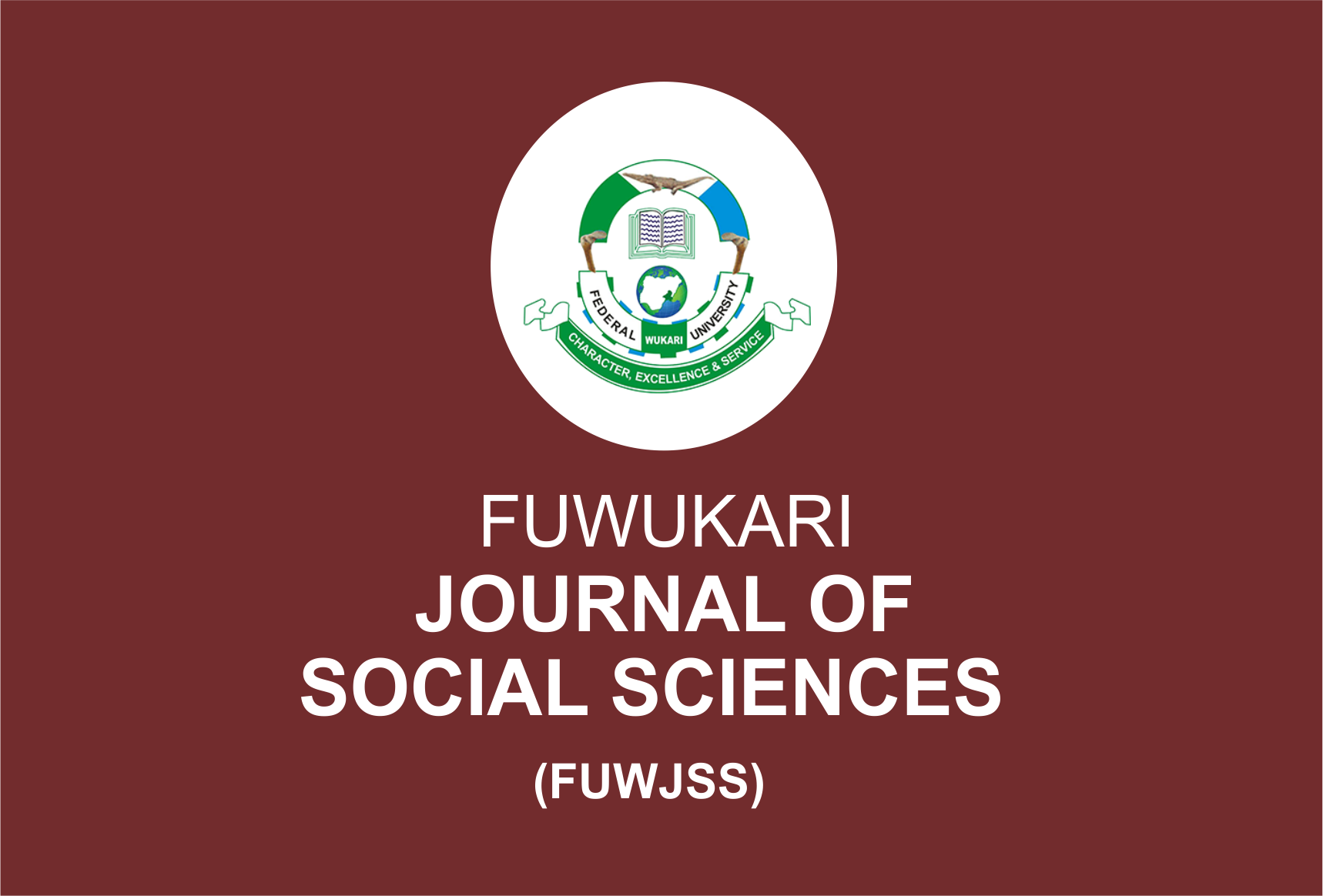Child Labour and Juvenile Delinquency in Sub-Saharan Africa
Ogochukwu Favour Nzeakor, Chibuike Ndubuisi Nwoke, Nnamdi Green Onuoha
Keywords: Child labour, juvenile delinquency, routine activity theory, guardianship
Abstract
In recent times, there is increasing prevalence of child labour in countries of sub-Saharan Africa. Adopting the Routine Activity Theory, this paper critically examines interrelationships between child labour and delinquency. The paper argues that child labour contributes to juvenile delinquency by de-activating capable guardianship, thereby making youngsters (children aged 5 to 17 years) both motivated offenders and suitable targets. Findings confirm that worst forms of child labour relate to delinquency as both means to delinquency and as delinquency in itself. In this sense, children who have fallen victim to child labour are more likely than others to be veritable ‘tools’ to both delinquency and adult crime later in life. Furthermore, the COVID- 19 pandemic complicates progress made so far in the fight against the increasing incidence of child labour in sub-Saharan Africa. This is as about 8.9 million children will be added into the population of child workers in Sub-Saharan Africa by the end of year 2022. With this, sub-Saharan Africa becomes the region of the world with the highest prevalence (23.9%) and largest number of children in child labour. The paper concludes that the increasing rate of child labour in sub-Saharan Africa is better explained and understood from the standpoint of juvenile delinquency. Thus, the paper recommends the domestication and implementation of Child Right Laws in all the levels of government in countries of sub-Saharan Africa.
Author Biography
Ogochukwu Favour Nzeakor
Peace and Conflict Unit
Michael Okpara University of Agriculture, Umudike, Abia State, Nigeria Corresponding author: [email protected]
Chibuike Ndubuisi Nwoke
Department of Sociology & Anthropology,
University of Nigeria, Nsukka, Nigeria
Nnamdi Green Onuoha
Peace and Conflict Unit,
Michael Okpara University of Agriculture, Umudike, Abia State, Nigeria

